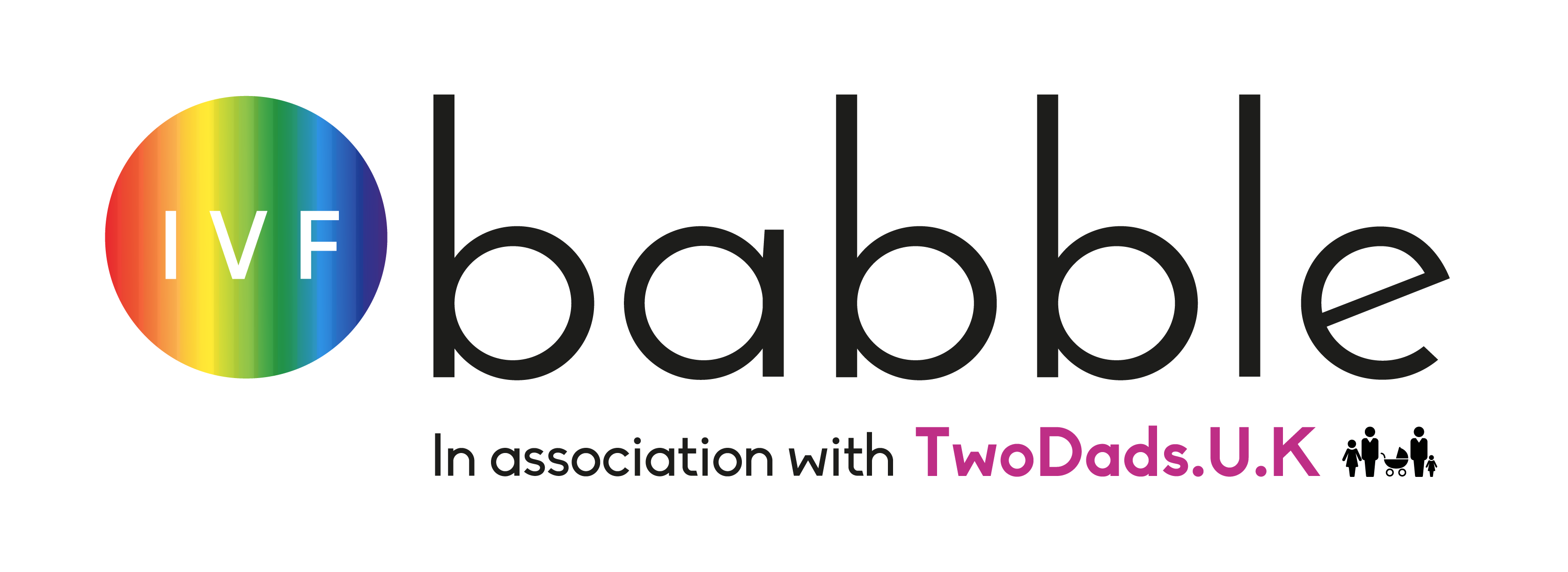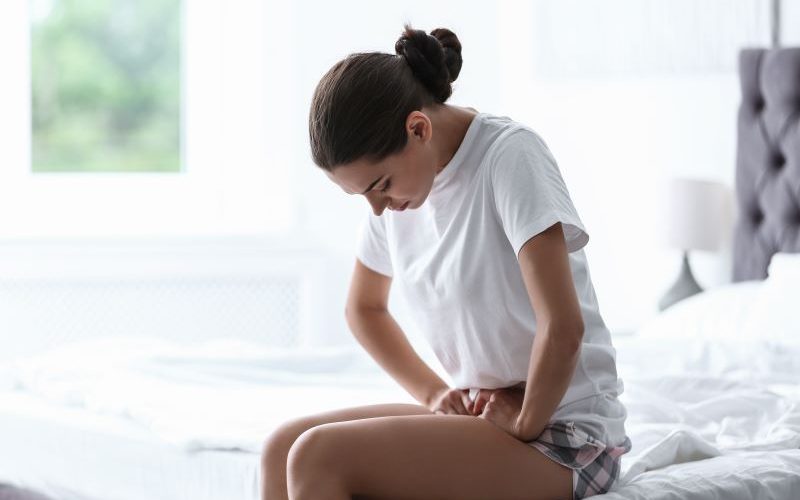Endometriosis is an often very painful condition that affects women. While there are many symptoms that can point to endometriosis, it can have one serious consequence – infertility.
In one study, it emerged that 30-40% of women diagnosed with endometriosis faced problems with fertility.
Dr. Manish Banker, Director of Nova IVI Fertility, India answers some of the commonly asked questions about endometriosis.
Why do I have painful periods and excessive bleeding during menstruation? Are these symptoms of endometriosis?
If you have endometriosis, the tissue that lines the inside of a woman’s uterus (endometrium) grows outside the uterus. It is a painful condition as the tissue continues to grow and thicken within the uterine cavity. This frequently results in severe pain, excessive bleeding during menstruation, and painful sexual intercourse.
Will I be able to conceive if I have endometriosis?
This depends on the type and severity of the disease. A sonography of the pelvis and laparoscopy [if required] will help in deciding the extent and severity of the disease. The thickening of the walls and the growth of the endometrial tissue often causes the uterus to be an unsuitable environment for the embryo to grow. Hence, at times, the embryo fails to implant in the uterus leading to difficulties in conceiving. An early medical intervention is required to tackle infertility because of endometriosis.
What are the causes of endometriosis?
Although there are no specific reasons for it, there are several suspected causes that can lead to endometriosis. These include genetic causes, retrograde menstruation (menstrual blood flowing backward through the uterus and depositing endometrial cells on pelvic walls), the transformation of peritoneal cells into endometrial cells promoted by hormones or immune factors, surgical scars to which endometrial cells attach or immune system malfunctions. Lifestyle factors may also play a role too. Doctors believe that 5% of women of reproductive age are prone to suffering from endometriosis. It’s also a fact that 15-20% of women with infertility are diagnosed with the condition.
How do I cope with endometriosis and what are the available treatment options?
The earlier it is detected, the easier it is for the doctor to treat. The sad truth is, however, that many women leave it too late to seek medical advice. The longer a woman leaves it untreated, the more difficult it becomes to manage and it impacts her fertility greatly, because endometriosis causes a decrease in her ovarian reserve (fewer eggs being produced and thickening of walls both can dramatically reduce fertility) and causes hormonal imbalance too.
How to deal with infertility due to endometriosis?
The first and most important thing to do of course is to have regular check-ups and to consult your gynecologist if you suffer from the symptoms of endometriosis. If you are diagnosed with the condition and are trying to conceive, you should see a fertility expert as soon as possible. The earlier you see them, the better your chances of preventing infertility. In any case, don’t keep trying naturally for a child for more than one year. If you haven’t been successful, see a fertility expert right away. With the right treatment and some lifestyle changes, your chances of pregnancy can increase.
After an investigation, if the doctors find a problem, early treatment is recommended to increase the chances of success of any type of fertility treatment. Doctors will then advise laparoscopy, IUI or IVF – all of which have been proven to work in cases of endometriosis.
And there’s even more good news, there have been several cases where an IVF pregnancy – since it stops menstruation – has reduced the impact of endometriosis…as result, these women have then become pregnant naturally the second time.
If you want to know more about endometriosis or infertility, Nova IVI Fertility is here to help you with all the answers.








